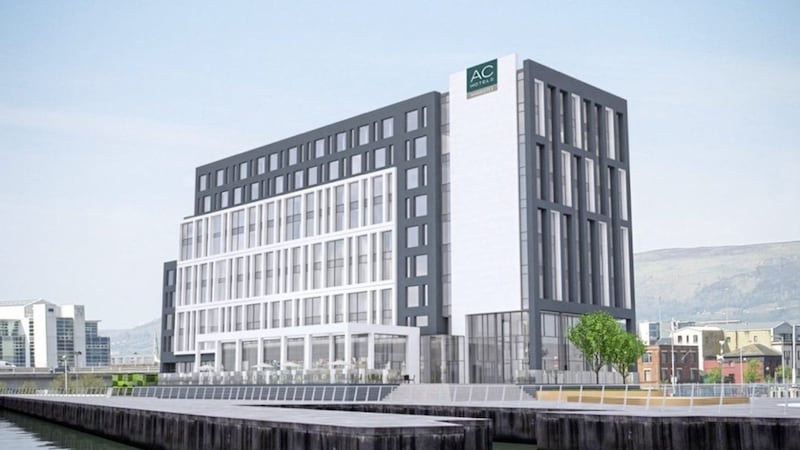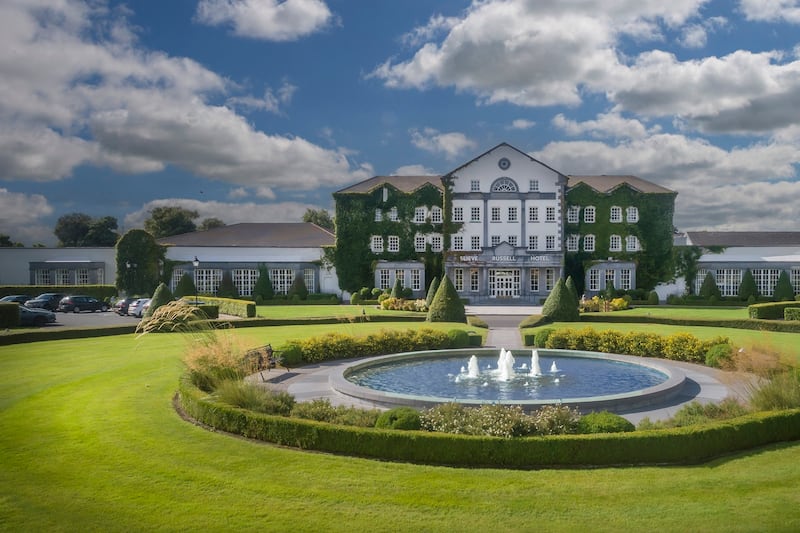BELFAST is now the fifth most expensive city in the UK - the fourth behind London - for an overnight hotel stay, according to PwC's quarterly hotels barometer.
In a year when the city has added more than 1,000 rooms and five new hotels to its stock, the cost of a stay has risen by six times the UK average in the last year from £75.67 per night to £79.80.
And apart from London (£141.16 per night average), Belfast is only now eclipsed on price by Brighton (£92.21), Edinburgh (£93.92) and York (£82.38), having seen its average daily rates (ADR) rise by 5.5 per cent compared with the UK average of 0.8 per cent.
The PwC Hotels Forecast 2019, which looked at 22 cities, says the opening of so many hotels in Belfast has led to a 0.9 per cent fall in occupancy.
But even at 78 per cent occupancy, Belfast still remains above the UK average of 75.2 per cent.
The report covers a year in which Belfast has added hotels like the Grand Central (300 rooms), the Maldon (237 rooms), AC Marriott (188 rooms), Hampton by Hilton (178 rooms) and Holiday Inn Express (60 rooms).
On actual financial performance, the key revenue per available room (RevPAR) benchmark for UK on average grew by 1 per cent to £67.63 whereas Belfast recorded a growth of 4.6 per cent to £62.28 (from £59.56), the seventh highest increase in the review of 22 UK cities.
PwC Northern Ireland partner Martin Cowie said: “The influx of high-quality rooms to the market has driven and continues to support improved RevPAR and ADR for the city.
"And we believe the the full impact hasn’t even been realised yet, with more openings planned to meet a demand driven by inbound tourism, domestic holidays and events.”
Liz Hall, head of hospitality and leisure research at PwC, added: “2017 was a hard act to follow for hotel trading in terms of growth, and 2018 has been held back by uncertainty, slower economic growth, significant supply additions and reported stuttering business travel.
“For a sector heavily reliant on people to deliver its products and services, the shortfall in availability of EU nationals remains a concern for hotels and the weak pound has pushed up the costs of retaining staff and importing goods within the sector.
“Following a number of years of strong revenue growth when there was not the imperative to focus on costs, prudent operators and owners need to adopt a stringent approach to operating costs growth in 2019 to preserve profitability.”








